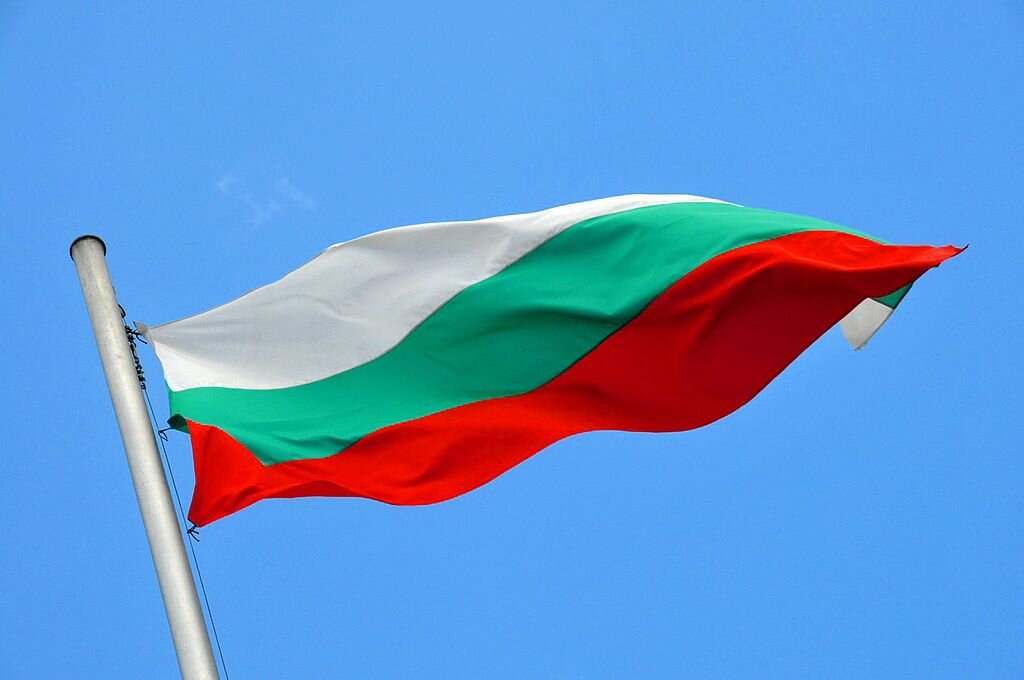
How the Mighty Fall
Photograph of former Bulgarian Prime-Minister Boyko Borissov after voting at a polling place in Sofia. Photo courtesy of Thomas Reuters Corporation and Spasiyana Sergieva.
In the country’s second election in four months, a group of anti-corruption parties dealt a blow to Bulgarian Prime-Minister Boyko Borisov, who has intermittently governed Bulgaria since 2009.
Mr Borisov, a former bodyguard and football coach, has been facing growing criticism over accusations of corruption and incompetence after police raided the offices of opposition President Rumen Radev and federal prosecutors.
Demonstrations worsened after photos, which Mr Borisov say are forged and an invasion of his personal privacy, emerged, showing the Prime-Minister lying half-naked in bed, next to a nightstand containing a handgun, stacks of 500 Euro banknotes, and gold bars, as reported by Bloomberg.
After elections in April failed to produce a government, a snap election was called for July.
The conservative anti-elite ‘There Is Such a People’ (ITN) party, led by television personality and musician Slavi Trifonov, won the most seats in the poll, beating or Mr Borisov’s conservative ‘GERB-SDS’ coalition by two seats. However, Mr Trifonov remains 56 seats short of an all-out majority.
Stefan Yanev, an independent politician and former military officer, was appointed by Mr Radev as a caretaker Prime-Minister until a permanent government can be formed.
The Associated Press reported Mr Trifonov would not seek to form a coalition with other parties but would instead propose a minority government in the parliament. However, ten days after that announcement, ITN reversed its position, saying it was open to a coalition with all parties, except GERB.
Although Mr Trifonov is the leader of ITN, he did not run for a seat in the parliament and has hinted that he will not serve as Prime-Minister should his party form a government.
Two other anti-corruption parties, the liberal 'Democratic Bulgaria' (DB) and left-wing 'Stand Up! Mafia Out!' (ISMV) parties have both been speculated as potential partners, but even if the three parties were to form a coalition, they would still be nine seats short of a majority government.
The social-democratic Bulgarian Socialist Party (BSPzB) and the mainly ethnic Turkish 'Movement for Rights and Freedoms' (DPS) could also end up bolstering Mr Trifonov’s group, but the leader previously ruled both parties out as partners due to historical and ideological differences.
If ITV cannot entice three other parties to join a government, Bulgaria could face a third round of elections this year, possibly coinciding with the presidential election, slated to take place between October and November.
However, a third election could damage ITV, according to analysts. If the new party cannot deliver political reforms while having the largest number of MPs, then many voters may become disenfranchised with Mr Trifonov, and his party could see decreased turnout, according to Balkan Insight.
While coalition negotiations continue, controversy has continued to mount against Mr Borisov and his former officials.
On 20 July, a report by the European Commission highlighted the lack of ‘final convictions for high-profile cases of corruption’ in Bulgaria and debates continue in parliament about Bulgaria’s eventual accession to the Eurozone, a project previously led by Mr Borisov.
Sources:
‘A Gun on a Nightstand and Wads of Cash Escalate Bulgarian Feud’. Bloomberg, Bloomberg, L.P., 18 June 2020,
Toshkov, Veselin. ‘Anti-elite party earns tight win in Bulgarian elections’. AP News, Associated Press, 12 July 2021,
Todorov, Svetoslav. ‘Bulgaria’s Winning Party Makes Sudden U-Turn on Coalition Talks’. Balkan Insight, Balkan Investigative Reporting Network, 22 July 2021.
https://www.dw.com/en/venezuela-maduro-wins-total-control-of-legislature-after-vote/a-55836514


